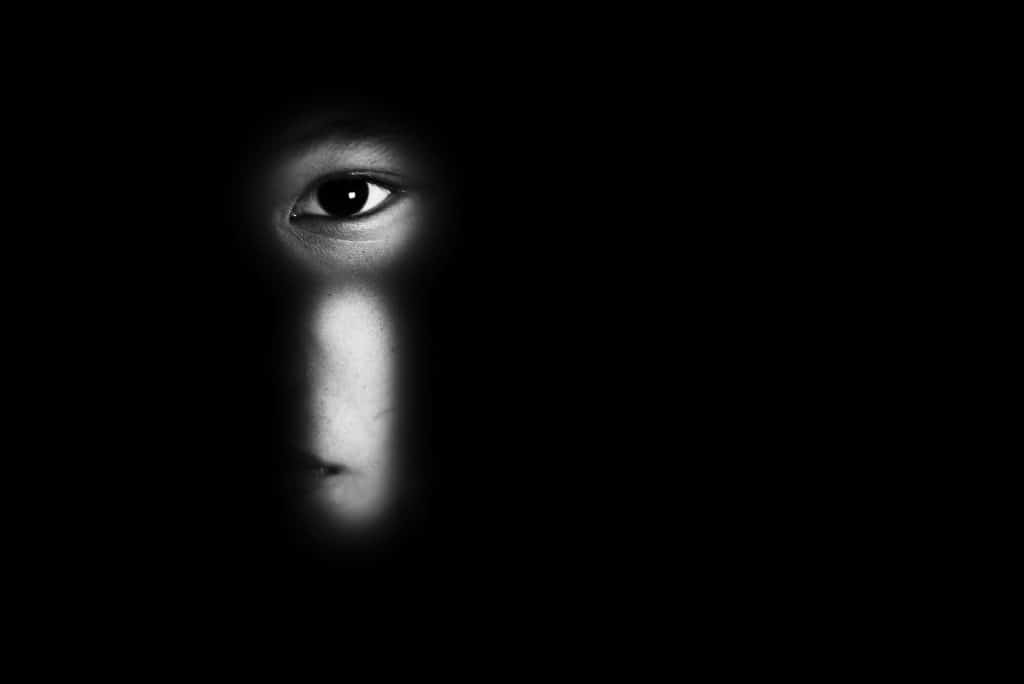
Elspeth Kernebone
12 January 2023
Sensitivity to the heightened emotions survivors of child sexual abuse may be experiencing is important to the coverage and public conversation about the death of Cardinal George Pell, support services say.
Support services for abuse survivors said that for many people Cardinal Pell represented institutional failure, people’s trauma, and people’s inability to achieve justice, regardless of whether he himself was guilty of charges relating to child sexual abuse or not.
The Royal Commission into Institutional Responses to Child Sexual Abuse found Cardinal Pell knew of allegations of sexual misconduct against priests as Archbishop of Melbourne and as auxiliary bishop in the Melbourne Archdiocese prior to this, and did not take action to have those priests removed. A conviction against Cardinal Pell of child sex offences was quashed in 2020.
Read more: Enter Grace Tame, an answer to prayer – The Reverend Alison Andrews
Abuse survivor support service Blue Knot president and executive director Dr Cathy Kezelman said George Pell came to represent a lot of institutional failures surrounding child sexual abuse within the church – and to represent the cover ups survivors saw, such as the protection of institutions and clergy.
Dr Kezelman said whenever Cardinal Pell appeared in the media Blue Knot’s helplines were incredibly busy, often helping people experiencing very intense emotions. She said public commentary around the death needed to remember that many people’s lives were affected by Cardinal Pell’s life, and would also be affected by his death.
She said calls such as those made by former Prime Minister Tony Abbott to elevate Cardinal Pell to the sainthood were profoundly insensitive, negating so many people’s experiences and feelings.
Read more: Will not God grant justice for Australian women?
Dr Kezelman said while charges relating to child sex offences against George Pell had been quashed, many survivors would question that.
“Cardinal Pell played a role that made him prominent in people’s minds, and he appeared before a number of public hearings of the royal commission. So he represented people’s trauma, and people’s lack of ability to achieve justice, or be heard,” Dr Kezelman said.
“It’s very, very difficult obviously for survivors to see someone who they feel ultimately was not held to account … They’re wanting to see anyone, regardless of their status is held accountable, and many survivors will feel he wasn’t.”
Read more: Call for greater mutual engagement between state and church
The Royal Commission into Institutional Responses to Child Sexual Abuse found Cardinal Pell knew of allegations of sexual misconduct against priests both as auxiliary bishop in the Archdiocese of Melbourne, and Archbishop of the Archdiocese of Melbourne. It found he did not take action to recommend the priests be removed while he was auxiliary bishop, or as archbishop take action that they be removed.
It also described a catastrophic failure in the leadership of the Diocese of Ballarat – where Cardinal Pell was a priest between 1966 and 1987 – over decades to effectively respond to the sexual abuse of children by its priests.
Cardinal Pell was convicted in December 2018 in the County Court of Victoria of one charge of sexual penetration of a child under 16 years, and four charges of committing an act of indecency or with or in the presence of a child under the age of 16 years.
In April 2020 Australia’s High Court ordered the convictions against Cardinal Pell be quashed, finding the jury ought to have entertained doubt as to the applicant’s guilt with respect to each of the offences for which he was convicted.
Read more: Former Anglican archbishop unfit to remain in holy orders
Survivors & Mates Support Network chief executive Craig Hughes-Cashmore said he would like to see the public conversation about Cardinal Pell’s death be conscious of the effect that articles relating to child sexual abuse could have on survivors.
Mr Hughes-Cashmore said many survivors would be triggered by coverage of Cardinal Pell’s death because it reminded them of their own situation, of the Royal Commission, and what they perceived to be a great injustice when it came to the situation around Cardinal Pell.
“Whether they believe he was guilty or not, they should always be thinking of survivors, because it’s not just survivors of the Catholic Church, or institutions, the majority [of survivors] of course we know were not abused in an institution, and they get triggered too,” Mr Cashmore-Hughes said.
Mr Cashmore-Hughes said it was important for adults to be able to have a conversation about child sexual abuse, to create a safe space for children where the topic was not seen as taboo. He said listening and believing people was important when it came to personal conversations with adults who had experienced child sexual abuse.
Read more: Society still struggles to address abuse, understanding power imbalance is key
“We so often focus on perpetrators, because it’s easier. It’s easier to get angry than perhaps it is to just listen to what might be really awkward and uncomfortable,” Mr Cashmore-Hughes said.
“My strong belief, is unless we as adults can have adult conversations with each other and survivors about this challenging issue, then we’re never going to be able to provide safe space, protection for children.”
If you or someone you know needs support, please contact a support services such as:
- Lifeline Australia 13 11 14
- The National Domestic Family and Sexual Violence Counselling Service 1800 RESPECT
- Centres Against Sexual Assault 1800 806 292
- Blue Knot 1300 657 380
If life is in danger, contact Triple Zero (000).






